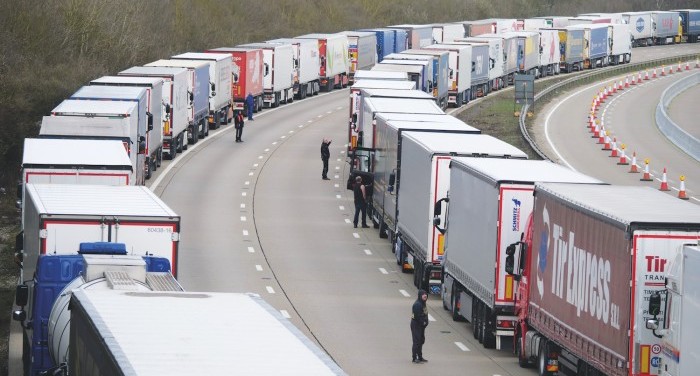Brexit has hit the British meat industry this week, with tonnes of meat stuck rotting in transit at European ports as a result of post-Brexit paperwork, PoliticsHome has reported.
Meat exporters to the EU are encountering lengthy new customs and health checks, customers cancelling orders, and meat having to be destroyed before reaching the continent as it is no longer fresh.
According to Zoe Davies from the National Pig Association, pig heads, which are exported from the UK to European buyers to be used in the production of sausages and pâté, have been stuck at Rotterdam port for weeks due to Dutch authorities enforcing new rules that they must be tested for disease.
““It’s eye-watering what our members have to do. And it is going to be an ongoing issue that gets worse as more and more people decide to export to the EU,” Ms Davies told PoliticsHome.
The British Meat Processors Association (BMPA, who earlier this week called on the ‘archaic’ customers certification to be modernised, reported that over 120 lorries carrying British meat were sat at Rotterdam port in the south of Holland, including one transporting pork which had been stuck there for nearly three weeks since 1 January.
“This is food that is sold and then cannot reach its destination due to clerical bureaucracy and the misunderstanding of the rules we [the UK] and they [the EU] are operating to,” said David Lindars of the BMPA, adding that most of the delayed meat will have to be destroyed and dumped on landfill, which is set to cost traders hundreds of thousands of pounds.
On Monday, Prime Minister Boris Johnson said that fishing traders whose exports to the EU have been disrupted by no fault of their own would receive £23m in government compensation, though the government is yet to disclose details what this will entail, as well as how and when it will be made available.
A UK Government spokesperson said: “We’ve always been clear that there would be new processes for traders, and we continue to support them in their transition to these new arrangements.
“We are working closely with British meat processors to ensure they can take advantage of the opportunities and changes being outside the single market and customs union will bring, and overall businesses are adjusting well to the new rules and continue to trade effectively.”




